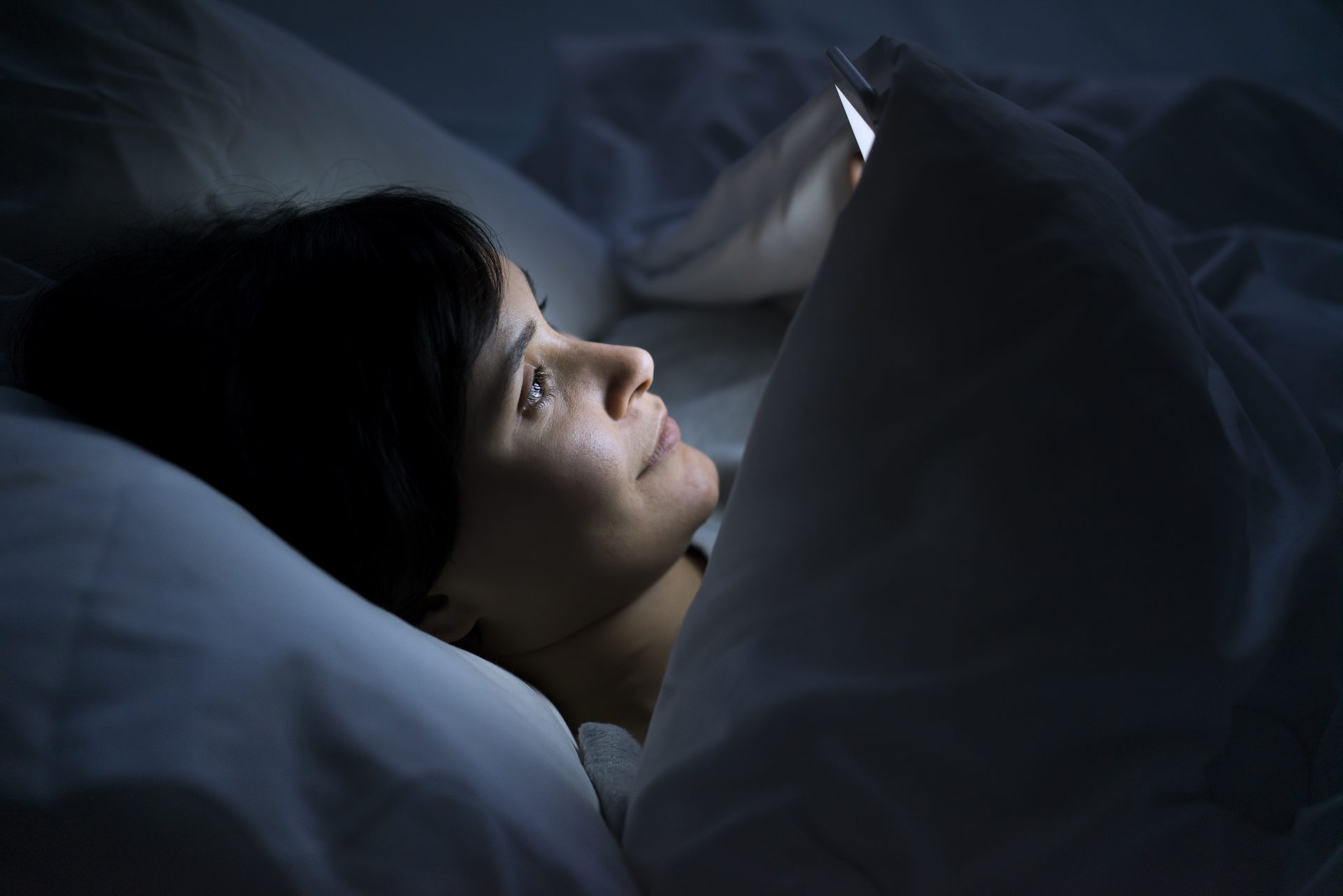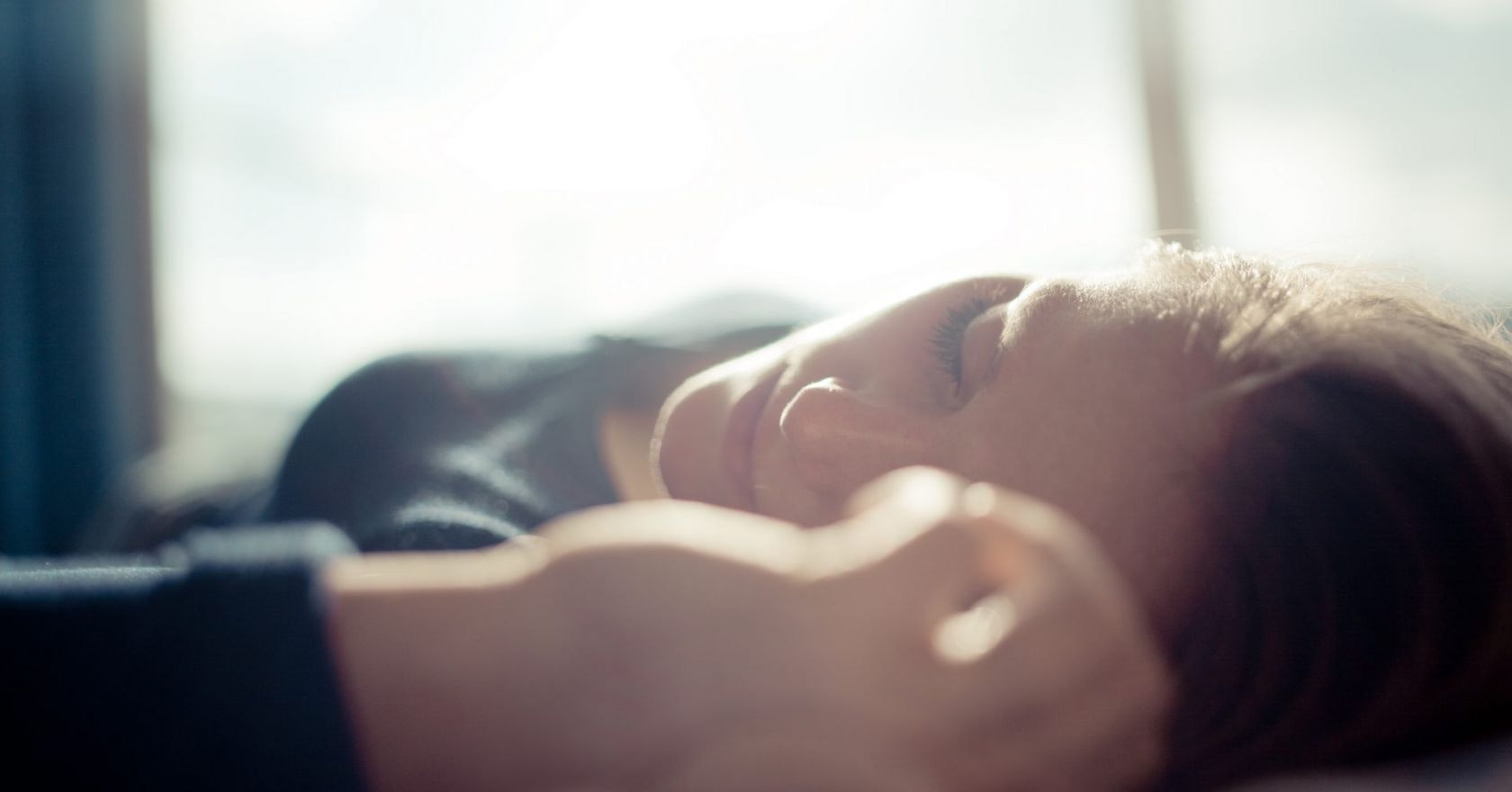The clocks go back an hour at 2am on Sunday 31 October, blessing us with a glorious extra hour to spend in bed. Here are some handy sleep tips to help you make the most of that extra time this autumn.
In what feels like the blink of an eye, wintertime has come around again – and this weekend the clocks will officially be jumping back an hour across the UK.
Right now, we’re still using British Summer Time (which sounds rather ironic when you look outside to grey skies and blustery winds) but on Sunday night at 2am we’ll be switching back to Greenwich Mean Time. The good news? We get to spend a whole extra hour in bed.
So before the arrival of party season (and the inevitable late nights that come with this time of year), now is the perfect time to use that precious extra hour to catch up on some much-needed rest.
But it’s not always as straightforward as that, of course.
“Although the clocks only go back one hour, many people notice this has a massive impact on their sleep,” Dr Verena Senn, sleep expert at Emma – The Sleep Company, tells Stylist.
“For adults, the National Sleep Foundation recommends seven to nine hours of sleep a night; the time shift disrupts our body’s natural clock or circadian rhythms; a kind of daylight saving jet-lag.
“A large part of this disruption has to do with light. Our body’s production of melatonin – a hormone that is key in helping to induce sleep – relies on a central circuit that is sensitive to light called the suprachiasmatic nucleus (SCN). Changes in light that occur when the clocks go back can disrupt the usual cycle of hormone production which can lead to a poorer sleep quality.”
If you’re struggling to sleep at the moment, or simply want to learn how to improve the quality of your rest, we’ve collated some of the best expert advice for achieving that sacred good night’s sleep, so you can make the most of your extra hour in bed on Sunday.
Keep it cool
“This time of year begins the descent into winter with cold, grey days that just leave us wanting to snuggle up next to a fire,” Dr Senn tells Stylist. “ Although there is the temptation to turn up the thermostat a few degrees, it can actually be counterproductive to sleep to warm up your bedroom. This is because cooling down the body is an integral part of sleep. You want to aim for a bedroom temperature of around 15.5-19°C so I’d suggest setting a timer to heat up your home for when you wake up.”
Let your mind wander
“Rather than watch a film with a complex narrative that keeps your mind whirring, play something you’re not interested in,” sleep app Calm recommends. “Baa Baa Land is an eight-hour slow-motion film with no plot, dialogue or actors, created by Calm. It’s the first screen epic starring only sheep, and a cast of hundreds at that. Count them if you can – but don’t stress if you can’t. Sit back, wind down, drift off to sheep.”
Other ways to let your mind wander could be doing some mindless doodling, rewatching one of your favourite shows or listening to a soothing podcast.
Today, more and more people are turning to podcasts to lull them towards dreamland. One of the world’s most popular and long-running sleep podcasts, Sleep With Me, has been downloaded over 70 million times, while another, Sleep Whispers, receives an average of 8,000 downloads a month.
According to sleep expert Dr Neil Stanley, this is no surprise. “If you’re listening to the radio or a podcast, you’re not worrying about your mortgage or your relationship or your job,” he says. “It distracts your brain from the stresses of the day without you having to pay close attention.”
Find the perfect soundtrack to help you relax
Whether you prefer the sound of falling rain or a crackling fire, the latest National Trust research found that listening to natural sounds such as birdsong and rustling leaves made participants feel 30% more relaxed – just what you want when you’re heading off to bed.
The Calm app has also carefully curated selection of white noise playlists, sleep stories, meditations and music to drift off to, so you’ll never be short of material.
To properly indulge in the relaxing experience, lie back in a dark room with your phone on the cabinet beside you. Then, when you feel relaxed, all you need to do is curl over and close your eyes, ready to make the most of your extra hour in bed.
Utilise the power of scent
You can use a sleep mist or essential oils to create soothing smells and inspire your senses to relax. A calming and familiar scent (such as lavender) is a powerful sleep aid that you can use to ritualise bedtime wherever you are staying.

And it doesn’t just have to be a pillow spray: applying lavender oil straight to your skin can also be a great way to reap the benefits of the scent while giving your skin a treat too.
There are a lot of essential oils out there on the market, so take a look at our beginners guide to get started. Also make sure to check out this list of 17 different oil-infused beauty products which are approved by Stylist’s beauty desk.
Switch off
It may sound like an obvious one, but Dr Senn advises avoidingscreens such as TVs, laptops and phones a few hours before bed. “As well as giving yourself some additional time to wind down before sleep, the blue light emitted from tech devices disrupts the production of melatonin and your circadian rhythm, making it more difficult to fall asleep. Many devices now allow you to set ‘night mode’ between certain hours, minimising the blue light emitted from the screen.”

Get the light right
“Many people often underestimate the importance light plays in our circadian rhythms,” explains Dr Senn. “You can actually support your sleep using red light bulbs which have been found to increase production of melatonin – a sleep inducing hormone. Keeping your room dark is also very important as brighter levels of light increase levels of the stress hormone, cortisol, which keeps us awake during the day.”
For more information on how to achieve a restful night’s sleep, and other ways to relax, visit https://www.calm.com/blog/
Images: Getty
Source: Read Full Article
